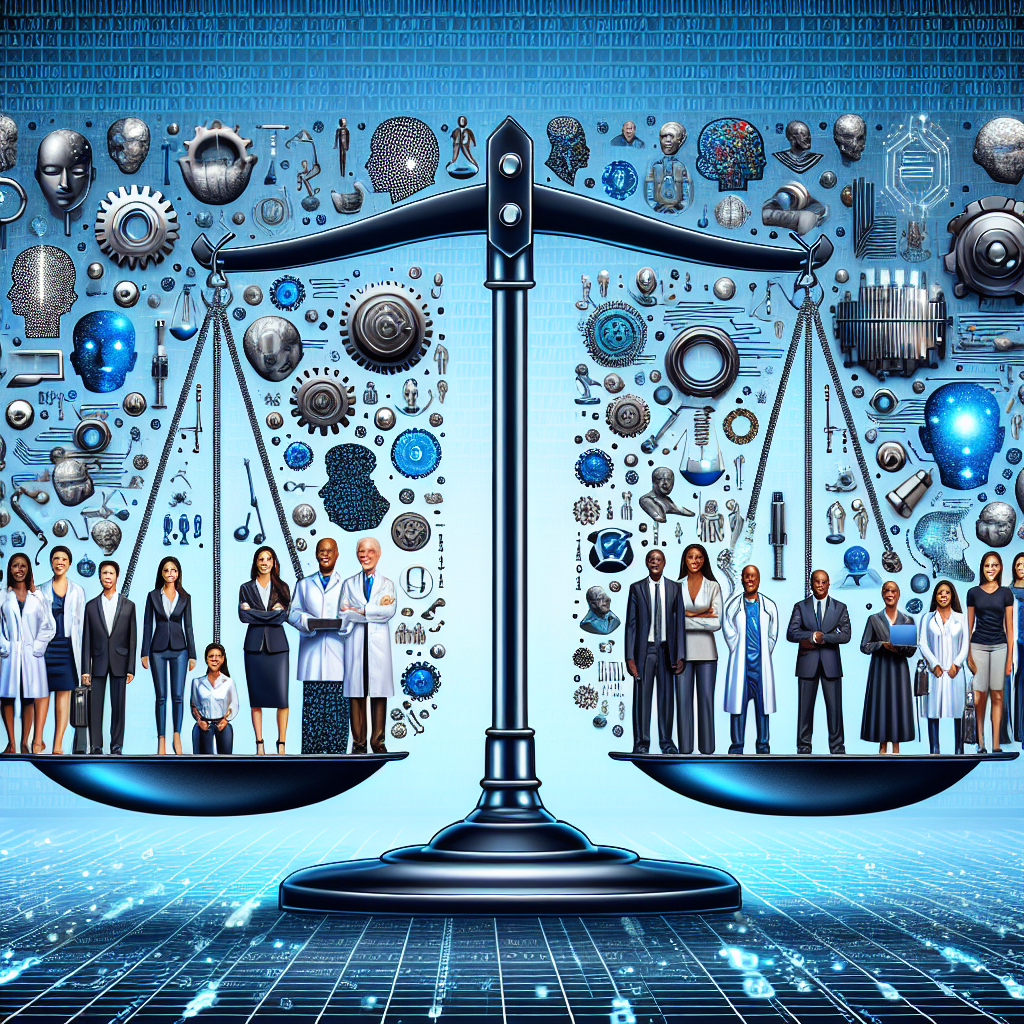The Democratization of AI: Challenges and Opportunities
Artificial Intelligence (AI) has been one of the most transformative technologies of the 21st century, revolutionizing industries ranging from healthcare to finance to transportation. However, the benefits of AI have not been equally distributed, with access to AI tools and expertise often limited to large companies and research institutions. The democratization of AI, or the idea that AI should be accessible to everyone, is a growing movement that aims to address this disparity and unlock the full potential of AI for society as a whole.
Challenges of AI Democratization
While the democratization of AI holds great promise, there are several challenges that must be overcome in order to fully realize its benefits. One of the biggest challenges is the lack of access to AI tools and expertise for smaller companies and organizations. Many AI tools are expensive and require specialized knowledge to use effectively, making it difficult for smaller players to compete with larger companies that have the resources to invest in AI.
Another challenge is the ethical implications of democratizing AI. As AI becomes more accessible, there is a risk that it could be used in ways that harm society, such as in the development of autonomous weapons or the creation of biased algorithms that perpetuate discrimination. Ensuring that AI is used responsibly and ethically is a key challenge for the democratization of AI.
Opportunities of AI Democratization
Despite these challenges, the democratization of AI also presents a number of exciting opportunities. One of the biggest opportunities is the potential for AI to democratize access to information and services. For example, AI-powered chatbots can provide personalized customer service to small businesses, while AI-powered language translation tools can break down language barriers and enable communication across borders.
Another opportunity is the potential for AI to drive innovation and economic growth. By making AI tools more accessible, the democratization of AI can empower entrepreneurs and small businesses to develop new products and services that can disrupt existing industries and create new markets. This can lead to job creation and economic prosperity for society as a whole.
FAQs
Q: What are some examples of AI tools that have been democratized?
A: Some examples of democratized AI tools include Google’s Cloud AutoML, which allows users to create custom machine learning models without needing to know how to code, and IBM’s Watson Studio, which provides a suite of AI tools for data analysis and model building.
Q: How can smaller companies and organizations benefit from the democratization of AI?
A: Smaller companies and organizations can benefit from the democratization of AI by gaining access to powerful AI tools that can help them automate routine tasks, analyze data to make better decisions, and improve customer service. By leveraging AI, smaller players can compete more effectively with larger companies and drive innovation in their industries.
Q: What are some ethical considerations to keep in mind when democratizing AI?
A: When democratizing AI, it is important to consider issues such as data privacy, algorithmic bias, and the potential for AI to be used in ways that harm society. Companies and organizations that are democratizing AI should be transparent about how they are using AI and take steps to ensure that their AI systems are fair, unbiased, and respectful of user privacy.
In conclusion, the democratization of AI presents both challenges and opportunities for society. By addressing the challenges of access and ethics, and seizing the opportunities for innovation and economic growth, we can unlock the full potential of AI for the benefit of all.

